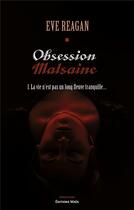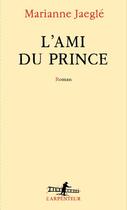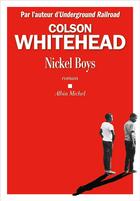-
Date de parution : 02/09/2016
-
Editeur :
Mit Press
-
EAN : 9780262529716
-
Série :
(-)
-
Support :
Papier
-
Nombre de pages : (-)
-
Collection :
(-)
-
Genre :
Nature
-
Thème :
Nature
-
Prix littéraire(s) :
(-)
Résumé:
A provocative argument that environmental thinking would be better off if it dropped the concept of "nature" altogether and spoke instead of the built environment. Environmentalism, in theory and practice, is concerned with protecting nature. But if we have now reached "the end of nature," as... Voir plus
A provocative argument that environmental thinking would be better off if it dropped the concept of "nature" altogether and spoke instead of the built environment. Environmentalism, in theory and practice, is concerned with protecting nature. But if we have now reached "the end of nature," as Bill McKibben and other environmental thinkers have declared, what is there left to protect? In Thinking like a Mall , Steven Vogel argues that environmental thinking would be better off if it dropped the concept of "nature" altogether and spoke instead of the "environment"--that is, the world that actually surrounds us, which is always a built world, the only one that we inhabit. We need to think not so much like a mountain (as Aldo Leopold urged) as like a mall. Shopping malls, too, are part of the environment and deserve as much serious consideration from environmental thinkers as do mountains. Vogel argues provocatively that environmental philosophy, in its ethics, should no longer draw a distinction between the natural and the artificial and, in its politics, should abandon the idea that something beyond human practices (such as "nature") can serve as a standard determining what those practices ought to be. The appeal to nature distinct from the built environment, he contends, may be not merely unhelpful to environmental thinking but in itself harmful to that thinking. The question for environmental philosophy is not "how can we save nature?" but rather "what environment should we inhabit, and what practices should we engage in to help build it?"
Donner votre avis














